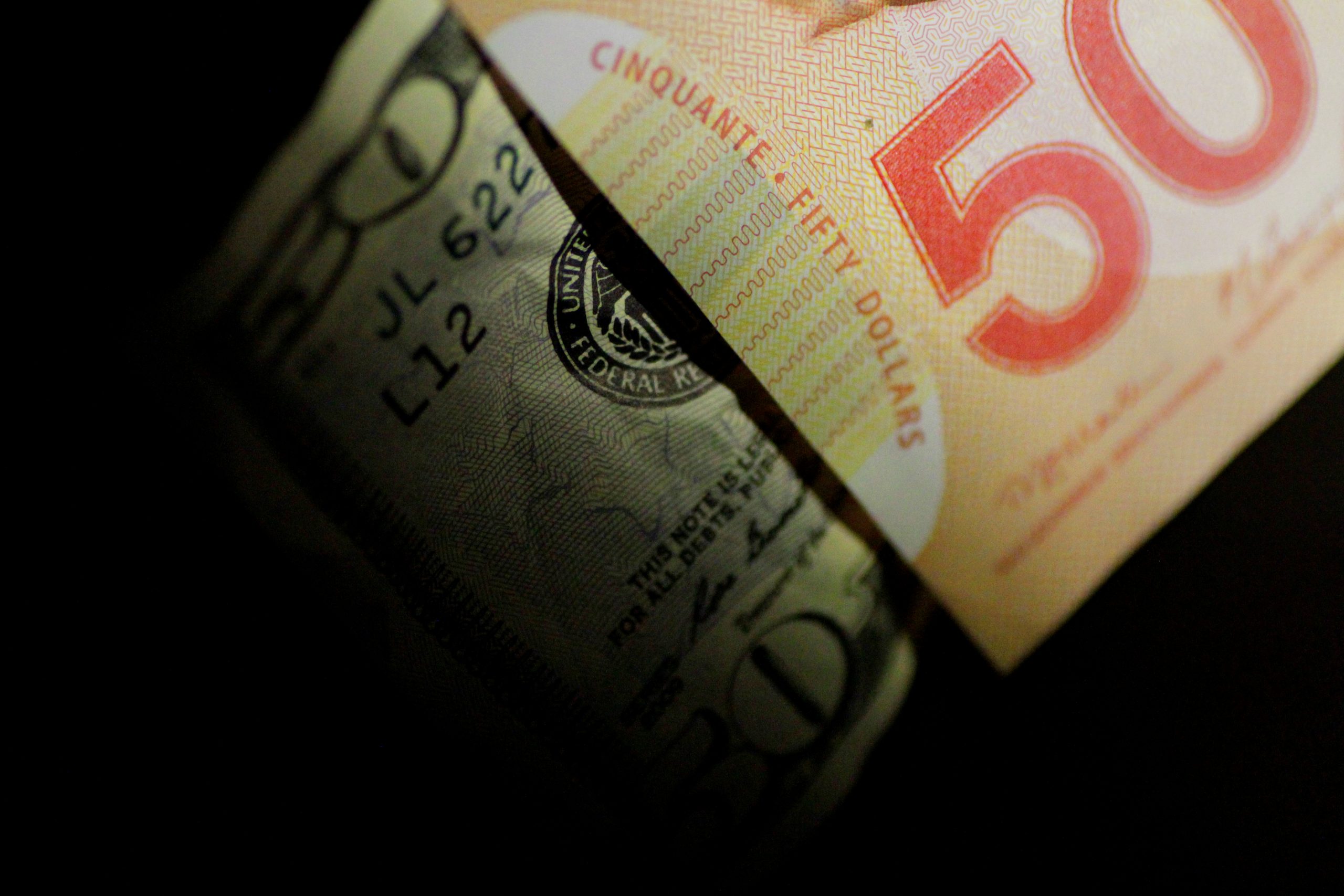With forex trading gaining popularity globally, Canada and the US are not any different. The two markets are close by and might target the same clientele but do have some minimal differences.
The major difference might be that the Canadian market might involve a list of small companies that make up the capital marketplace. In contrast, the US markets are larger with more sectors and companies of investors.
The legality of forex trading in the US
Forex trading is legal in the US, but it is different from trading on any other continent. Different rules govern the US compared to any other country, but it does not mean it is illegal in the US. Forex trading is allowed in all countries whose currency is used for force trading, and the US dollar is one of them.
The legality of forex trading in Canada
Forex trading is illegal in some countries, as some people have termed it as a form of gambling. In Canada, force trading is legal, and people can trade as much as they want to so long as they work with forex brokers that accepting Canadian clients.
Forex trading regulations in the US
Forex trading regulations in the US are some of the strictest. With its economy being one of the most advanced and having a huge responding customer base, it is unusual to see a few forex traders compared to the size of the market.
Traders are, however, not restricted if they meet all the requirements, which includes a license and a capital holding minimum that is so high for many people to operate there. The brokers must get an operating license and a twenty-million-dollar security deposit. Regulations are conducted by the United States Commodity Futures Trading Commission.
Forex trading regulations in Canada
Regulations are important to protect citizens and the entire country against fraud cases. The Canadian financial market is regulated, but most brokers prefer to set up their operations in a different place and then attract Canadian traders. The type of regulations differed in every province and territory, and the legislation derivatives apply on top to the federal regulations.
It, therefore, creates a challenge to the broker or an advisor as Canada lacks universal regulations. Canada has over 15 regulatory bodies which regulate the forex market. Brokers or investors who want to offer financial services should be registered with the investment industry regulatory organisation of Canada
Conclusion
Canada and the Us do not have very different leverage & margin rules since they operate under a leverage limit and margin level of 50:1. A lower margin rate equates to a higher leverage ratio.
It is important to ensure that while trading in both countries, you may take it up yourself to look for a regulated broker to ensure that your capital is more secure. If you want to work with an offshore company, check the leverage levels with the home country’s regulatory body.
In Europe, for example, the leverage limits are 30:1. If the leverage limits do work for you, then you can continue with your trade.
Related
































